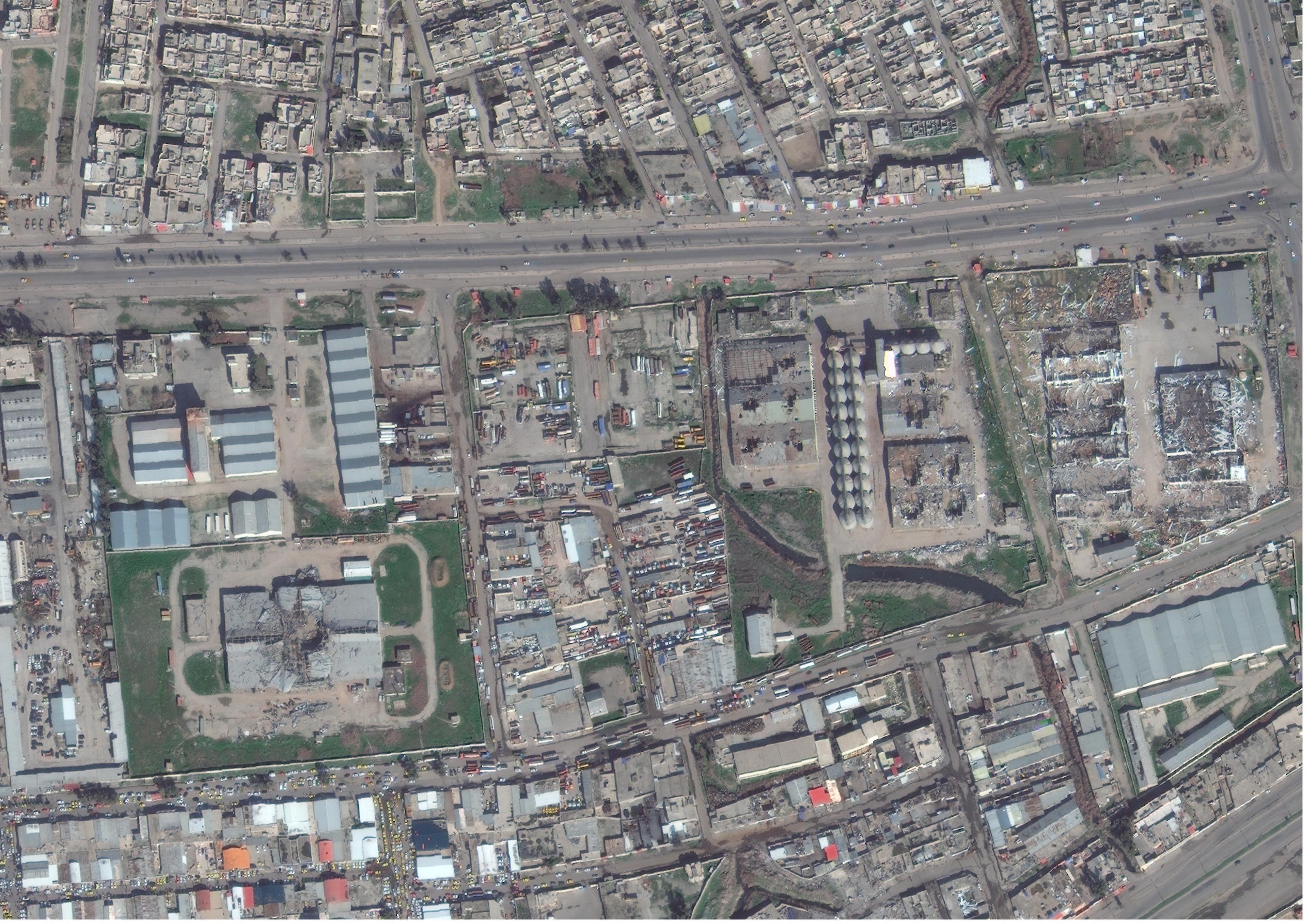
Islamic State territories showing economic free-fall
This may not come as a surprise, but areas that are under the control of the Islamic State tend to not do so well in the economic department. A new report from the RAND Corporation used advanced satellite-driven data to analyze the GDP and overall economic status of cities living under the rule of the Islamic State (IS), estimating that the IS contributed to a 23 percent reduction in the GDP of cities under its control.
The report followed the economy of the Islamic State over the course of its peak territorial control and decline through mid-2016. It found that the IS economy showed signs of significant decay across multiple sectors, including local markets, electricity, and agriculture.
This report focused on the effects of IS control on local economies because the group relies on local taxation for a large amount of its revenue. In Raqqa and Mosul, the capitals of the IS, the group devoted a vast amount of resources to their governance – allowing those cities to fare better than most early on in the conflict. These cities were supposed to be the heart of the caliphate (rule or reign of a Muslim leader) that the IS was looking to build. However, the areas were unable or unwilling to support economies in the less secure and contested parts of their territories.
Along with the assessment of economy and GDP, the report also analyzed the ability of the Islamic State to govern its territories and the populations under its control in Iraq and Syria.
“The Islamic State’s inability to sustain a large-scale prosperous proto-state represents an institutional failure by the group to capitalize on a vast territory, historically weak governments, potentially sympathetic local populations, and a massive financial war chest,” says Eric Robinson, lead author and a research programmer and analyst at RAND, a nonpartisan research organization.
Researchers found that the most significant factor for this economic decline was the inability of the IS to defend its territory against military opposition, although the lack of effective governance was also an issue – to nobody’s surprise.
“Our analysis suggests that it is too simplistic to blame stagnant economic conditions solely on the quality of the Islamic State’s governance,” explains Daniel Egel, an author of the report and economist at RAND. “The U.S. and coalition military campaign against the group has been integral to their failure to build prosperous local economies and develop a sustainable caliphate.”
Besides the helpful knowledge of the Islamic State’s inability to govern or promote economic stability, this report also exemplifies an innovative approach to measuring economic activity in areas of conflict. When conditions on the ground affect ability to gather data on local economies, researchers are able to use satellite imagery from space instead. The view from space can provide insight on agricultural production, market activity, vehicle traffic, industrial activity, and labor supply.
The study also provides insight for what areas will be most in need of stabilization in the future – benefitting both the people most in need of help and those that are on the ground to help them.
—
By Connor Ertz, Earth.com Staff Writer
Image Credit: DigitalGlobe












